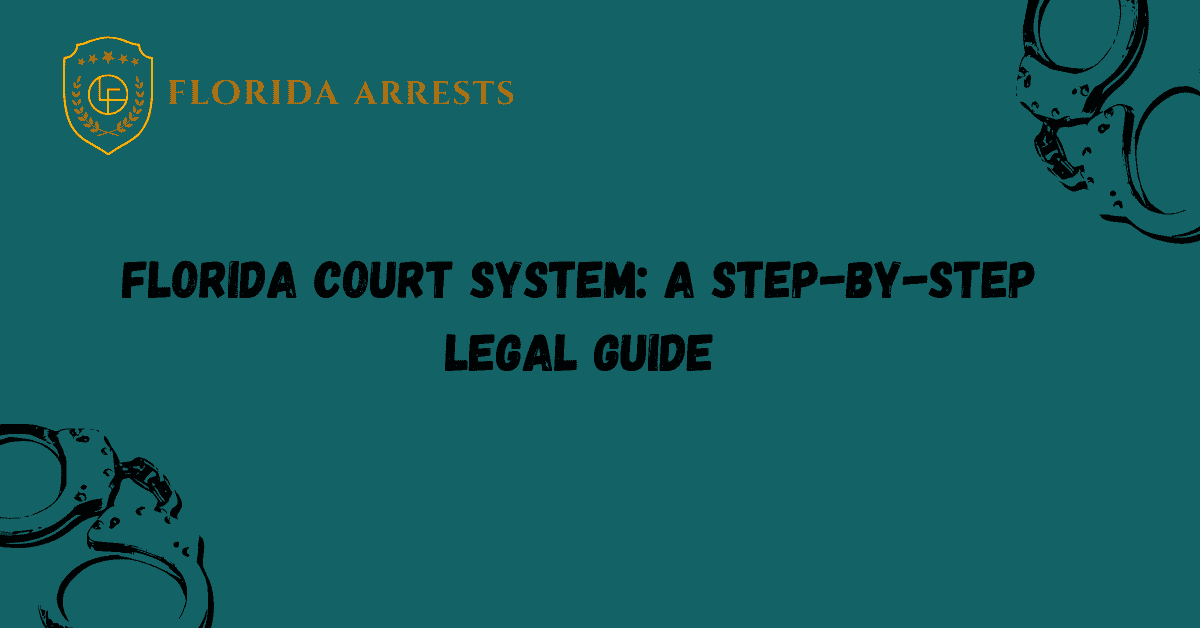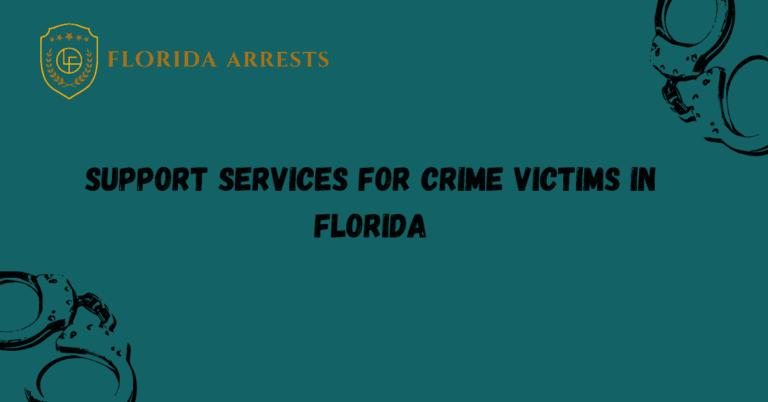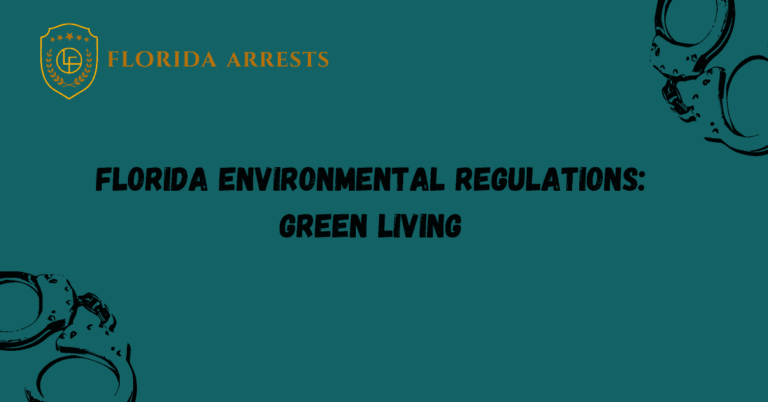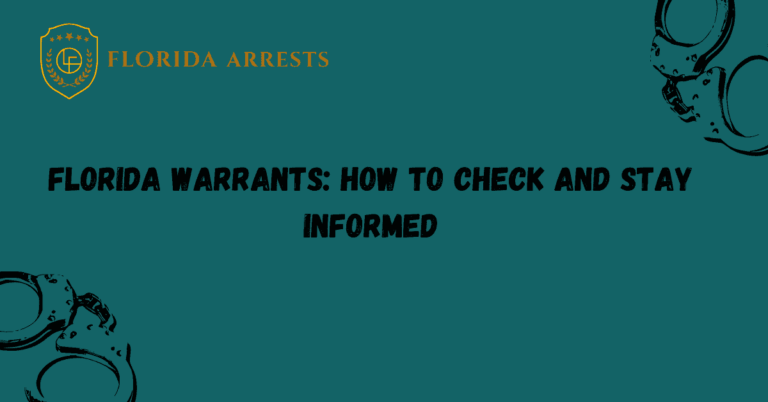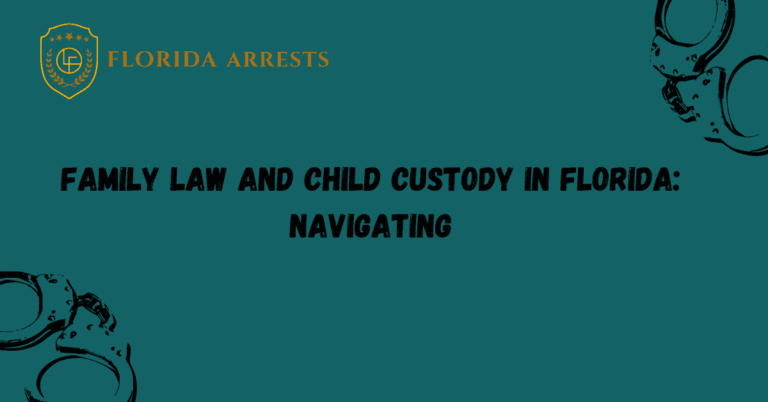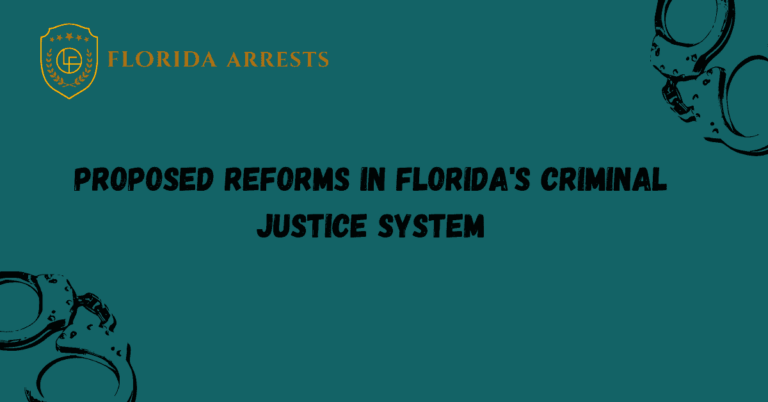Florida Court System: A Step-By-Step Legal Guide
The Florida Court System is a complex and intricate network of courts and legal processes that ensures justice is served in the state of Florida. From small claims courts to the Supreme Court, each level of the Florida court system plays a crucial role in upholding the law and protecting the rights of its citizens.
Whether you find yourself involved in a civil dispute, facing criminal charges, or seeking justice for a personal injury, understanding the workings of the Florida Court System is essential. This step-by-step legal guide will provide you with the necessary information and resources to navigate the Florida court system effectively and ensure that your rights are protected throughout the legal process.
Overview of the Florida Court System
The Florida Court System is a complex and intricate network of courts and legal processes that ensure justice is served in the state of Florida. From small claims courts to the Supreme Court, each level of the Florida court system plays a crucial role in upholding the law and protecting the rights of its citizens.
Small Claims Courts
Small claims courts in Florida handle disputes involving small amounts of money, usually up to a certain limit specified by law. These courts provide an accessible and affordable way for individuals to resolve minor legal issues without the need for an attorney. Small claims courts are designed to be less formal and have simplified procedures to make the process easier for the parties involved.
County Courts
County courts in Florida have jurisdiction over a wide range of cases, including misdemeanor criminal offenses, traffic violations, landlord-tenant disputes, and civil cases involving amounts above the limit set for small claims courts. County courts also handle probate matters, guardianships, and mental health cases. These courts serve as the entry point for many legal matters and play a vital role in the administration of justice at the local level.
Circuit Courts
Circuit courts in Florida are the primary trial courts with general jurisdiction. They handle a variety of civil and criminal cases, including felonies, family law matters, and civil disputes involving larger amounts of money. Circuit courts also have appellate jurisdiction over decisions made by county courts and some administrative agencies. These courts play a crucial role in ensuring fair and impartial trials and resolving legal disputes effectively.
District Courts of Appeal
The District Courts of Appeal in Florida are intermediate appellate courts. They review decisions made by circuit courts and certain administrative agencies to ensure they were made correctly and in accordance with the law. District courts of appeal have jurisdiction over specific geographic districts and provide an important level of review to maintain consistency and fairness in the legal system.
Supreme Court
The Supreme Court of Florida is the highest court in the state. It has discretionary jurisdiction, meaning it chooses which cases to review. The Supreme Court primarily hears appeals from the district courts of appeal, but it can also directly review cases of great public importance or cases that involve conflicts among the district courts. The Supreme Court ensures the uniformity of the law and safeguards the rights of individuals in Florida.
Understanding the workings of the Florida Court System is essential for anyone involved in a legal matter in the state. By navigating through the different levels of courts and legal processes, individuals can ensure that their rights are protected and justice is served.
FAQs
What is the Florida Court System?
The Florida Court System is the judicial branch of the state government responsible for interpreting and applying the laws of Florida. It is a hierarchical system composed of several levels of courts, each with specific jurisdictions and functions.
How can I file a case in the Florida Court System?
Initiating a case involves filing a complaint or petition in the appropriate court. The process varies depending on the type of case and court level. Consult with an attorney or use online resources for guidance.
What is the typical timeline for resolving a case in the Florida Court System?
The duration of a case’s resolution varies based on factors such as case complexity, court backlog, and other considerations. While simpler cases may conclude relatively quickly, complex cases may extend over months or even years.
How can I find legal assistance in navigating the Florida Court System?
You can seek legal assistance from private attorneys, legal aid organizations, or the Florida Bar. Some cases may also qualify for pro bono representation. Utilize online resources, including the Florida Courts website, for information on legal aid services.
What is the process for filing a case in the Florida Court System?
Initiating a legal action involves filing a complaint or petition in the appropriate court. The procedure varies based on the type of case and court level. It is advisable to consult with an attorney or use online resources available on the Florida Courts website for guidance.
How can I access court records in Florida?
Court records are generally accessible to the public, but the process may vary by county. Interested parties can visit the official website of the Florida Courts or contact the specific court’s clerk for information on accessing records.

